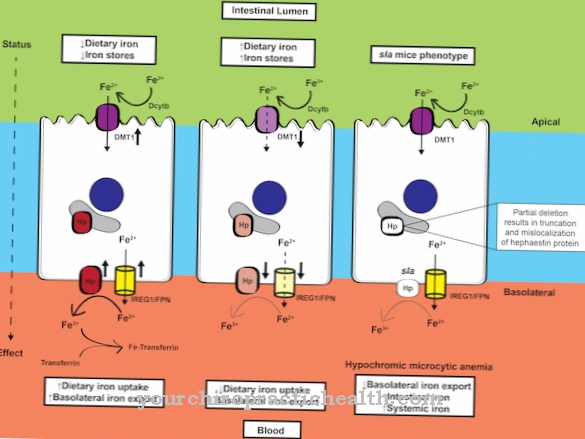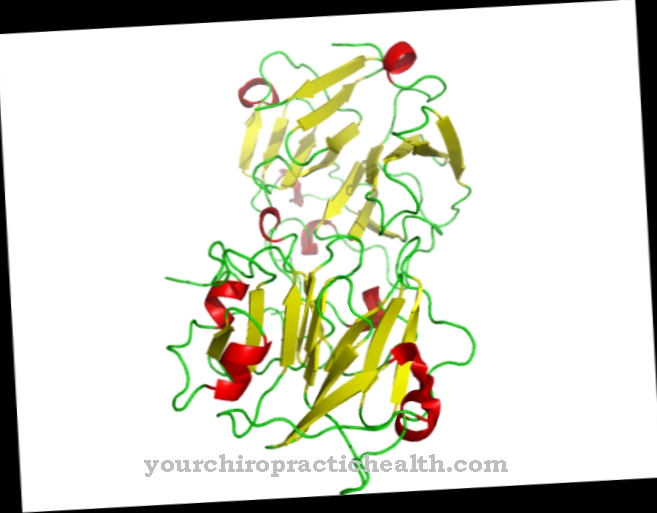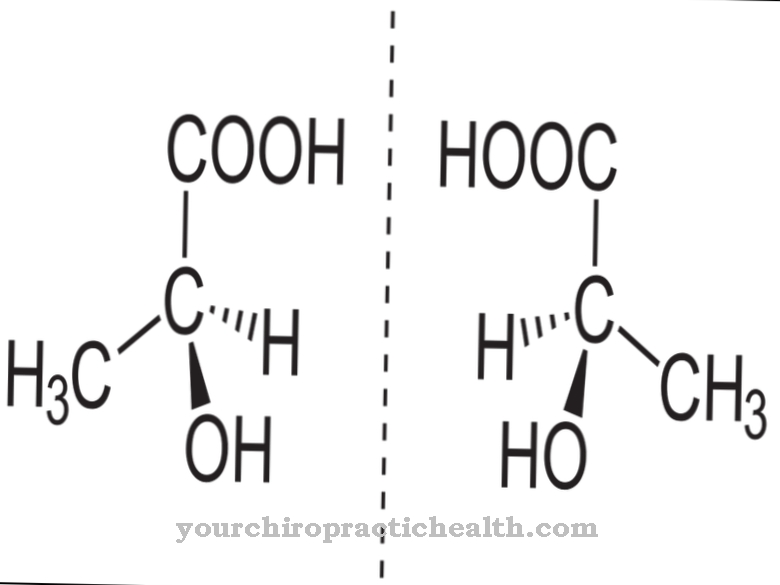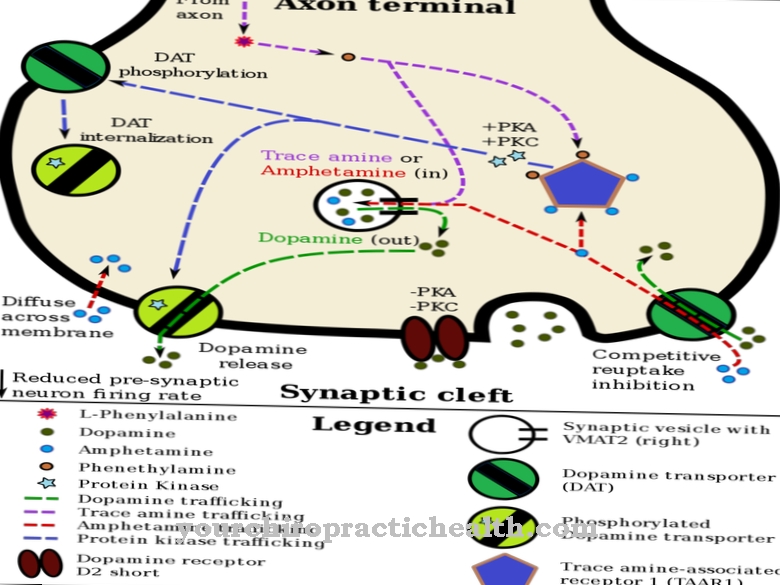A Micronutrient is a nutrient that is only required in very small quantities. In contrast to the micronutrients are the macronutrients, which are required in larger quantities.
What is a micronutrient?
The human diet can be roughly divided into micro- and macro-nutrients. There are only three macronutrients in total: protein, carbohydrates and fat. They are required in this order in terms of quantity. The world of micronutrients includes many more substances.
They can be divided into vitamins and minerals and are often referred to as trace elements, as they are only needed in traces in food. Most of the time, the required daily requirement is in the gram, more likely in the microgram range. Micronutrients are necessary for the maintenance of many vital body functions. For example, they help to build immune cells, support the production of new red blood cells, strengthen bones and protect internal organs from diseases and signs of wear and tear, but also ensure their function. A lack of micronutrients in the diet can lead to serious deficiency symptoms. In the same way, almost any micronutrient can be overdosed and thus make you sick.
Function, effect & tasks
Each micronutrient has a different function in the body. That is why the need for every single micronutrient changes over the course of life. For example, a fetus in the first 12 weeks of life needs a lot of folic acid for the healthy development of its nervous system - in amounts that the adult can use later, but not need to survive.
The micronutrients found in food are mainly used to enable specific cells to regenerate. They are built into these cells because although the body cannot produce these substances itself, it cannot build the respective cell type differently. Iron, for example, is the substance in red blood cells that enables them to carry oxygen in the first place.
If the body lacks the micronutrient iron, then the oxygen supply to all organs and body parts supplied with blood is inadequate and this can cause severe symptoms. But not only cell regeneration is made possible through the absorption of micronutrients, the health of the organs and the production of various secretions, enzymes and chemical messengers in the body also depend on micronutrients.
Education, occurrence, properties & optimal values
Just like macronutrients, our bodies cannot produce micronutrients on their own. Instead, he has to get it from food. In the industrialized world today there are hardly any deficiencies in micronutrients, which was very different in earlier centuries. At least this is the case for some micronutrients, while others are known to be deficient in certain population groups. It is not uncommon for people who live far from the sea to have iodine deficiency.
The same micronutrients are not found in every type of food; some are more difficult to come by than others. Citrus fruits, for example, are known for their high vitamin C content, there is a lot of iodine in sea fish and red meat is particularly rich in iron. It should be noted that the content of a micronutrient in a food can change significantly due to the way it is prepared. Fast food, for example, can contain so many vegetables - it will hardly be possible to find the micronutrients originally contained in them.
For every micronutrient there is a value recommended by the WHO that a person should take on a daily basis, depending on the stage of life and state of health. The values apply to babies and toddlers, children and adults. Other recommended daily rations of a micronutrient may apply to pregnant women and people who are ill.
Diseases & Disorders
One of the most common diseases related to micronutrients is deficiency in one or more substances. Depending on which micronutrient is lacking, the symptoms are different - and sometimes they are barely noticed, sometimes they appear very clearly.
It is not uncommon for them to be unspecific symptoms, which the person concerned initially plays down until they have become noticeably worse. In the Middle Ages, deficiency symptoms were still the order of the day in the western world, today they are rare - at least for most micronutrients. If the diet is good, but there is still a deficiency in micronutrients, this can be a symptom of gastrointestinal disease. In these cases, only part of the food is absorbed by the patient's body, i.e. it is absorbed into the bloodstream. However, this reduced part is not sufficient to cover his needs and he develops deficiency symptoms over time.
This can be the case with inflammatory bowel disease, in rare cases it is a consequence of cancer in the intestine. An overdose of micronutrients can be just as dangerous. Orthomolecular medicine is a branch of alternative medicine that proposes high doses of micronutrients as a preventive measure against diseases of all kinds. In particular, metallic micronutrients such as iron can be overdosed and lead to symptoms or serious complications.
Although it has long been assumed that vitamins cannot be overdosed, recent studies have found links between severe overdosing of some vitamins and increased mortality. Therefore, when taking in micronutrients, especially through food supplements, you should always check beforehand whether this is really necessary.
























.jpg)



